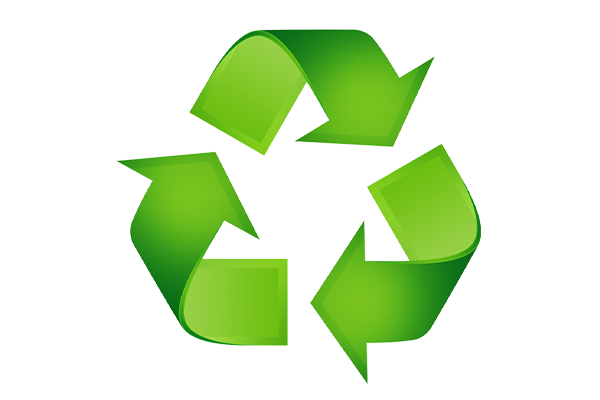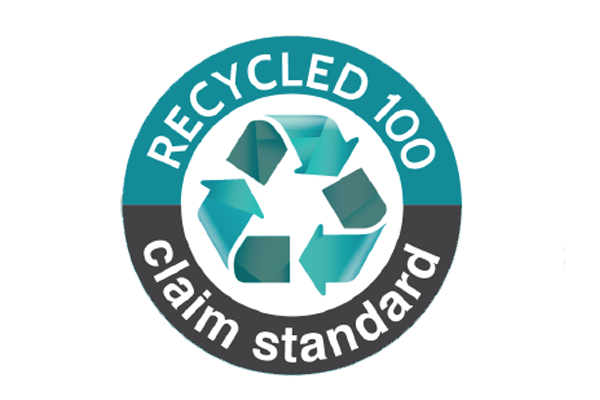Production
Clothes that are designed, made, distributed, and worn sustainably has the least detrimental effects on society and the environment. Wearing eco-friendly apparel promotes human welfare, social justice, the environment, and the preservation of natural resources. By buying sustainable apparel, consumers can change the planet while expressing their ideals and sense of style.

Sustainable clothing seeks to accomplish the following objectives:
- Our top priorities are natural and organic materials that are grown without toxic chemicals, guaranteeing their biodegradability and renewability.
- We conserve energy and natural resources by reducing landfill trash through the use of recycled and upcycled materials.
- We reduce waste and water pollution by avoiding chemicals and using natural, low-impact coloring.
- Fair salaries, secure working conditions, and respect for the rights and cultures of local people are all ensured by our ethical and fair trade standards.
- Adopting slow fashion and circular economy concepts, we promote conscious consumption by highlighting longevity and quality as well as offering choices for garment repair, reuse, and recycling.
Organic Cotton
Organic cotton is farmed using methods and materials that have the least negative impact on the environment. Organic agricultural approaches contribute to increased biological diversity in agriculture, reduced use of persistent and harmful pesticides and fertilizers, and restored and preserved soil fertility. Organic cotton is grown without the use of dangerous, recurrent pesticides or synthetic fertilizers. Furthermore, using genetically modified seed for organic farming is prohibited by federal legislation.
The production of conventional cotton is one of the most chemically demanding businesses worldwide, and the chemicals employed in this process have a major effect on the land, water, air, and health of people who live in cotton-growing regions. These are some of the most dangerous substances, according to the classification of the Environmental Protection Agency. Environmentally conscious consumers are beginning to prefer organic cotton over conventional cotton as a sustainable option.



Recycled Material
Yarn that has been manufactured from recycled resources, such plastic bottles, used clothing, or textile scraps, is known as recycled yarn. Recycled yarn helps the environment in numerous ways, including waste reduction, resource preservation, energy, water, and CO2 emissions reduction. You can use recycled yarn for a variety of knitting and crocheting projects, including home décor, clothing, accessories, and macramé.





Sustainable Viscose
At STS Fashion, sustainable viscose is made from natural materials like soy, bamboo, or wood pulp, guaranteeing a smooth texture and an array of vivid color possibilities. It is a versatile, environmentally friendly substitute for silk, cotton, or polyester. We give preference to viscose that is approved by eco-friendly standards such as LENZINGTM ECOVEROTM, which reduces emissions and water consumption. We support ethical procurement and production because we are aware of the possible negative effects on the environment, such as chemical use, energy use, and deforestation. Sustainable viscose, a biodegradable substance that offers a better option than synthetic materials, is in line with our dedication to environmentally aware methods.
BCI Cotton

STS Fashion embraces BCI Cotton, aligning with the Better Cotton Initiative’s sustainable vision:
BCI Cotton Standard: One aspect of our sustainability commitment is upholding the BCI Cotton Standard. These tenets address economic, social, and environmental issues and direct farmers to adopt strategies that guarantee a sustainable cotton producing process.
BCI Cotton Benefits: By selecting BCI Cotton, we may lessen our influence on the environment, including greenhouse gas emissions, the usage of water and pesticides, and other environmental issues. Additionally, it improves income, working conditions, and resistance to market swings and climate change, so promoting the well-being of farmers and laborers.
BCI Cotton Network: We are honored to be a part of the BCI Cotton Network, which unites more than 2,500 supply chain participants. We work together to promote sustainable practices, from growers to merchants and brands. BCI Cotton is the world’s largest cotton sustainability program, serving almost 4 million people across 22 countries and contributing 23 percent of the world’s cotton production.

Wood and dissolving pulp
Our cutting-edge procedures, which produce pulp and other components, are based on wood, an excellent raw material. As an example of our dedication to environmentally friendly procedures, this pulp is used as the foundation for making our sustainable and biodegradable fibers.

Water
In keeping with our dedication to sustainable and conscientious practices, we place a premium on ensuring that water is used responsibly, given its critical role.

Feature Benefit
Our technologically innovative approach allows us to generate “green electricity” internally, which accounts for our adequate energy supply. This cutting-edge method exemplifies our dedication to sustainable operations by making our fiber production more environmentally friendly.

Chemicals
There is a perfect harmony of “chemistry” at Lenzing. Chemical pollution can’t happen because of our closed-loop systems. As an example of our dedication to eco-friendly and sustainable processes, we instead salvage, transform, and repurpose them as raw materials for future production.


